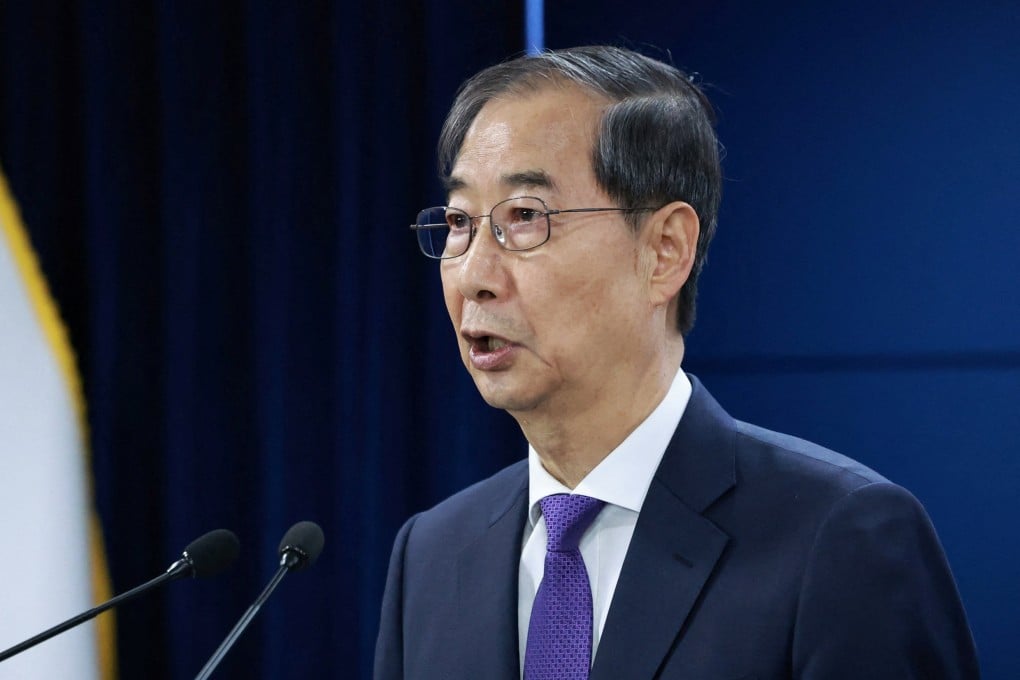The University of Pittsburgh says it’s laying the groundwork to weather the deteriorating relationship between the federal government and American institutions of higher education. In a virtual town hall meeting led by Pitt chancellors and school deans, the university explained that most of its advocacy work has so far been behind the scenes. Pitt Chancellor Joan Gabel said a key part of her strategy is relying on the advocacy of national organizations like the American Council on Education, the Association of American Universities and the Association of Public and Land-grant Universities “so that we are united” with other universities because “there are strengths in numbers.
” Despite that effort, the federal government has terminated 54 grants out of Pitt’s portfolio of 6,000 active grant awards, which totals a loss of $27 million. Another 59 grants have come under scrutiny with federal agencies requesting modifications to the research to comply with federal priorities. Life sciences research faces the brunt of funding uncertainty.

Leaders said an additional $194 million is in question under evolving federal research priorities. The canceled grants and uncertainty of future funding for Pittsburgh researchers is part of the fallout of the Trump administration’s broader effort to slash federal spending . President Trump has fired thousands of government scientists , halted clinical trials and left several public health agencies in tatters .
Other research institutions have taken funding hits far larger than Pitt. Johns Hopkins University announced plans for staff layoffs after the government canceled $800 million in grant funding . Harvard faces a freeze of more than $2 billion in grants and contracts , a matter the school is fighting in court.
In Pittsburgh, Carnegie Mellon University and Pitt stand as the two largest recipients of federal research support. Both universities face canceled grants, steep reductions in support for ancillary research costs and scrutiny over policies related to diversity, equity and inclusion. But while CMU is a named plaintiff in a lawsuit to block a reduction in so-called “indirect costs” for research, Pitt’s interests have been represented by advocacy organizations like the Association of American Universities.
That’s given Pitt a lower profile, which has raised some eyebrows on campus. Researchers, speaking privately due to fear of disciplinary action, have privately told WESA that anxiety hangs heavy in laboratories and classrooms amid unstable funding. But Wednesday, university leaders signaled a readiness to take a more aggressive — and public — approach.
“This is a very big moment. It's amorphous,” Gabel said. “And we are getting to the proactive phase.
” Pitt leaders highlighted the university’s experience fighting for government funding, pointing to efforts to secure state appropriations in Harrisburg in recent years as a blueprint for how the university will work with federal lawmakers. “In advocacy campaigns, you have to know when the right time is to go ..
. to pull the lever,” said senior vice chancellor for external relations Kevin Washo. “We were very quiet in those campaigns, but we got where we needed to go.
.. We waited for the right time to really unleash the power of Pitt,” Washo said.
“When push came to shove, Pitt was as aggressive as humanly possible when it came [to] advocacy.” Pitt leaders shared that they have been meeting with lawmakers in Harrisburg and Washington D.C.
since January to educate them about what federal funding reductions could mean for science innovation and the region’s economy. Washo said the stakes go beyond financials. “It’s not just about dollars, it’s about people,” he said.
“It’s about your research...
it’s your life’s work.” A group of Democratic state lawmakers visited the university Tuesday for an educational tour of Pitt’s research facilities. State House members met dozens of researchers, some of whom face losing their job as the result of funding cuts.
The chancellors didn’t name any specific members of Congress who are currently advocating for the university during the town hall. And Pennsylvania’s two Senators — Democrat John Fetterman and Republican Dave McCormick — loom large over the discussion. Neither have responded to multiple requests from WESA for comment about federal funding threats at higher education institutions like Pitt.
Researchers and staff at the university have been reluctant to speak out against evolving federal priorities, with several declining to speak on the record with WESA for fear of retaliation by their employer. But Gabel dismissed the notion that there's a culture of censure at Pitt. “There is a difference between asking people not to speak — which we are not doing, we are fundamentally supportive of the freedom of expression — [and] recognizing that advocacy is more effective when it’s crisp and when there is a clear, singular message,” Gabel said.
Beyond public advocacy, leaders also outlined steps to trim Pitt’s budget in the face of dwindling federal support. Anantha Shekhar, dean of the School of Medicine, said Pitt plans to reduce its laboratory footprint by centralizing activity and seek out alternative funding sources to cover the anticipated gap. Shekhar said Pitt would also pursue more corporate-sponsored research opportunities.
“We want to be able to manage our mission and grow our mission both through cost reduction but also through new revenue generation,” said Shekhar. In other remarks, university leaders also affirmed their commitment to Pitt’s culture of “inclusion” as well as the safety of its international students, several of whom faced uncertain immigration status as the result of federal actions. Six students, some of whom had graduated, had their status reinstated earlier this week .
Gabel announced the launch of a new advertising campaign in print editions of Politico, but did not elaborate on the specifics. She alluded to sharing stories of breakthrough innovations in the publication, copies of which are often found on the coffee tables of federal legislators. Gabel also said Pitt is working with other universities on a proposal for a nationwide indirect costs standard.
(Currently, each university negotiates its own indirect costs rate. The Trump administration’s proposal would set all schools on even footing at 15%.) She encouraged those present for the town hall to get involved with plans underway for public education and advocacy on behalf of the university.
“One of the best things we can do is [the] demystification of ...
things that we do in order to remind people of the national impact of what we do, in addition to what we do for each and every person who studies here [and] works here,” she said..
Politics

Pitt leadership outlines measured approach to federal funding fight at town hall meeting

In a town hall meeting Wednesday, deans and chancellors at the University of Pittsburgh took questions about the institutions stability amid multiple funding threats from the Trump administration.















